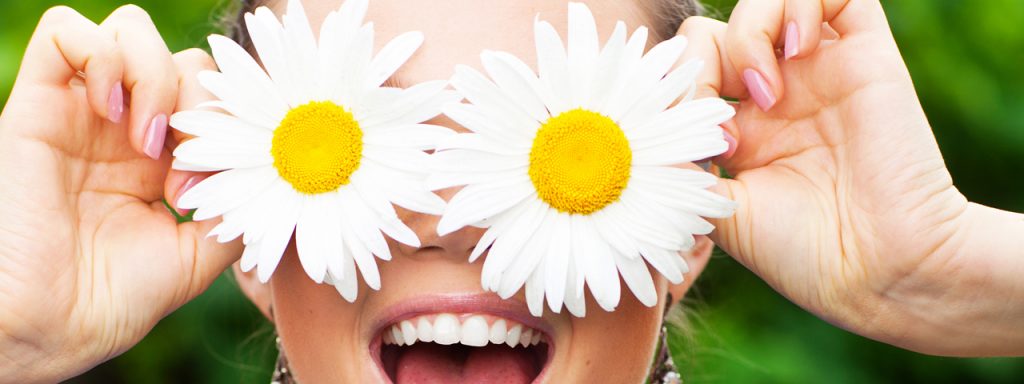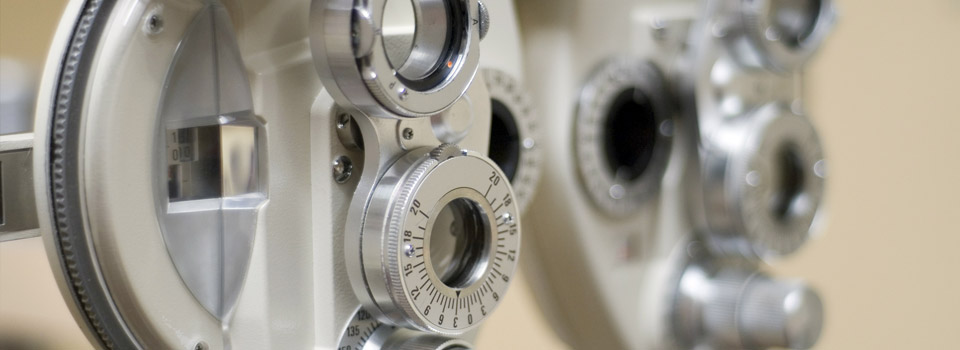
Spring is upon us with its longer days, sunshine, flower blooms, and… allergies. Hayfever or seasonal environmental allergies are common in the springtime, although they can affect different people at different times of year. Many people have go-to remedies for the sneezing and running nose, but may neglect direct treatment of their red, itchy, watery eyes.
How do allergies affect the eyes?
When normally harmless materials, such as pollen, make contact with the surface of our eyes, the immune systems of allergy sufferers over-react, destabilizing mast-cells and releasing histamines. This causes an inflammatory reaction, resulting in itchy, red, watery eyes. This is caused allergic conjunctivitis.
How to treat allergic conjunctivitis?
There are excellent prescription eye drops that are composed of both mast cell stabilizers (these act in a preventive manner) and anti-histamines (which quickly and directly treat the symptoms). These are typically prescribed in a once or twice per day dosage and will give relief of your ocular allergy symptoms all day. They are safe to use through allergy season or take year-round if needed.
Many people also take oral anti-histamine medications to help control the sneezing and nasal congestion, and while these may help with allergy symptoms overall, they do not directly treat the eye symptoms, and may actually dry out your eyes, leading to other dry eye symptoms.
Tips for a more comfortable allergy season:
- Try to identify and avoid allergens
- Rinse your face and eyes after being outside – this gets rid of allergens stuck in your eyebrows and eyelashes
- Don’t rub or itch your eyes!! This really does make the itching worse, by physically destabilizing the mast cells and releasing more histamines.
- Cold compresses can help relieve itching
- Use artificial tears to help flush allergens from the surface of the eye
- See your optometrist about prescription allergy drops

